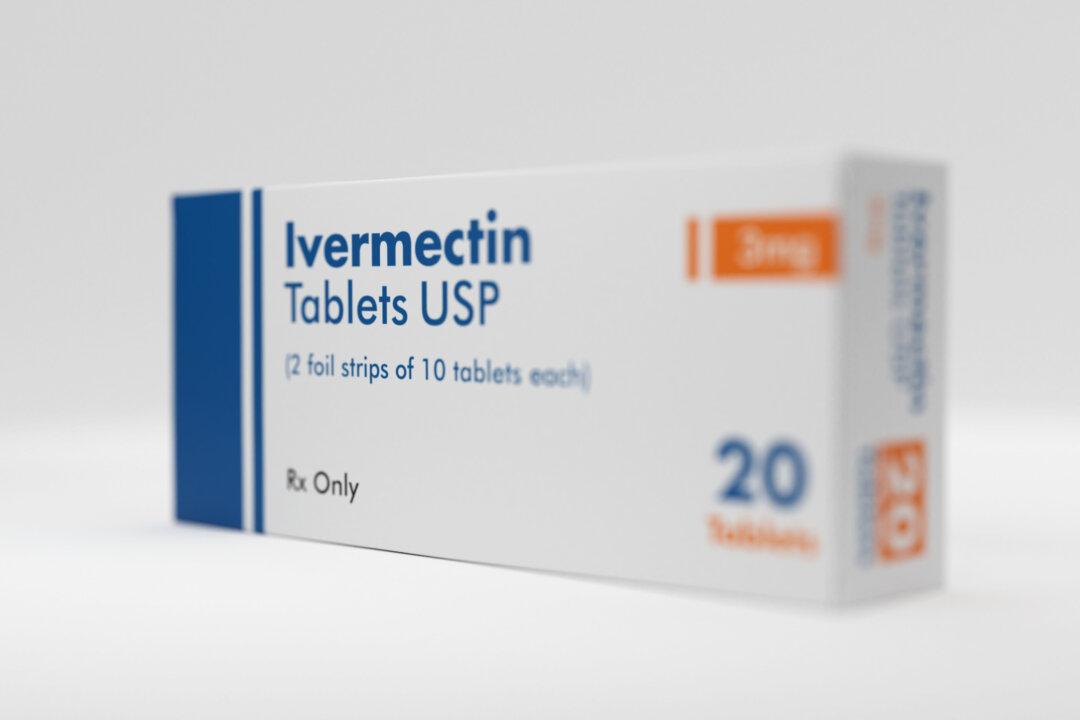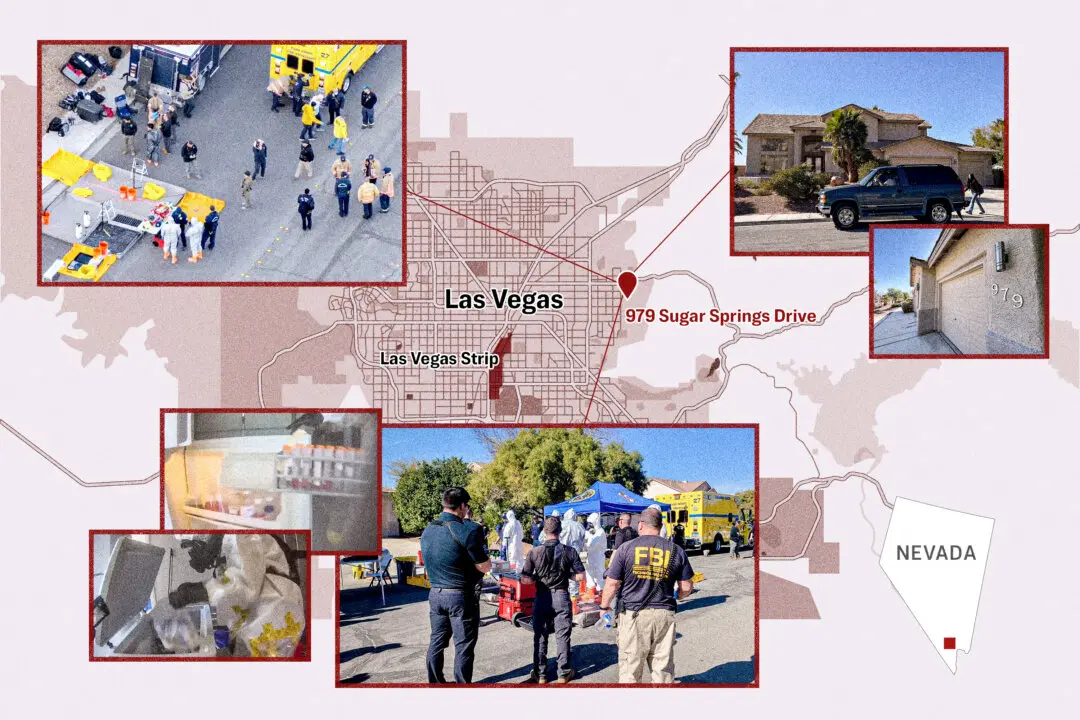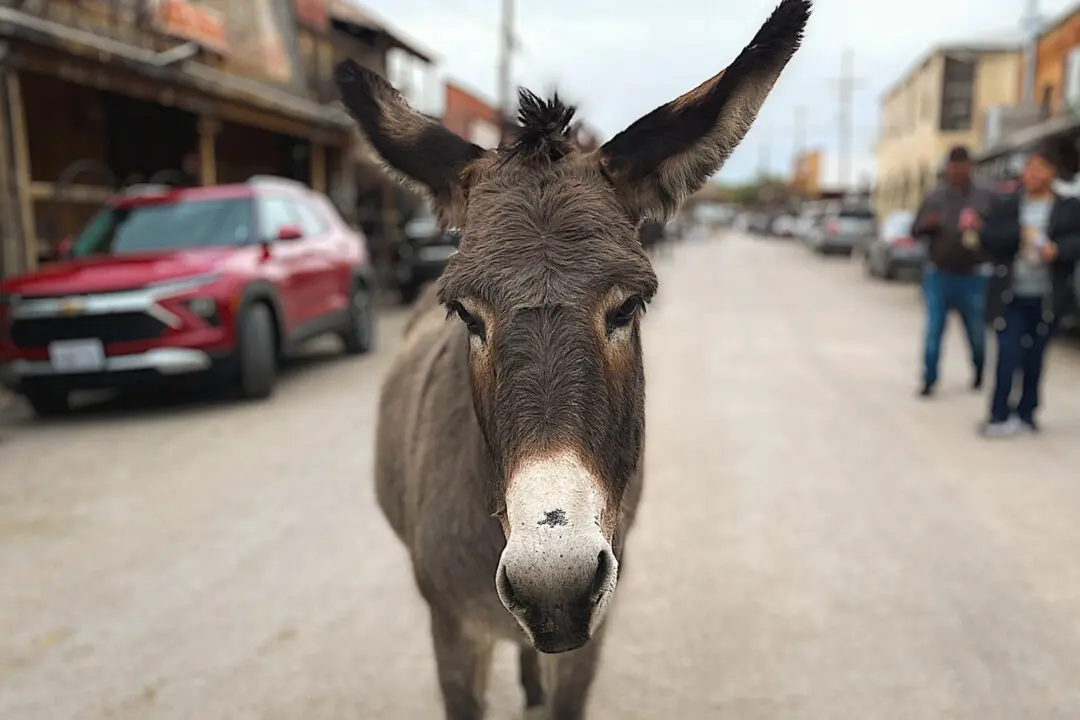The U.S. Food and Drug Administration (FDA) says it’s not working in tandem with the U.S. Postal Service to specifically target foreign shipments of ivermectin, despite two recent seizures of the drug.
On Oct. 4, 2021, U.S. Customs and Border Protection (CBP) officers working at the international mail facility at Chicago’s O'Hare International Airport seized a shipment of 41 fake COVID-19 vaccination cards, and another shipment that contained ivermectin tablets.





